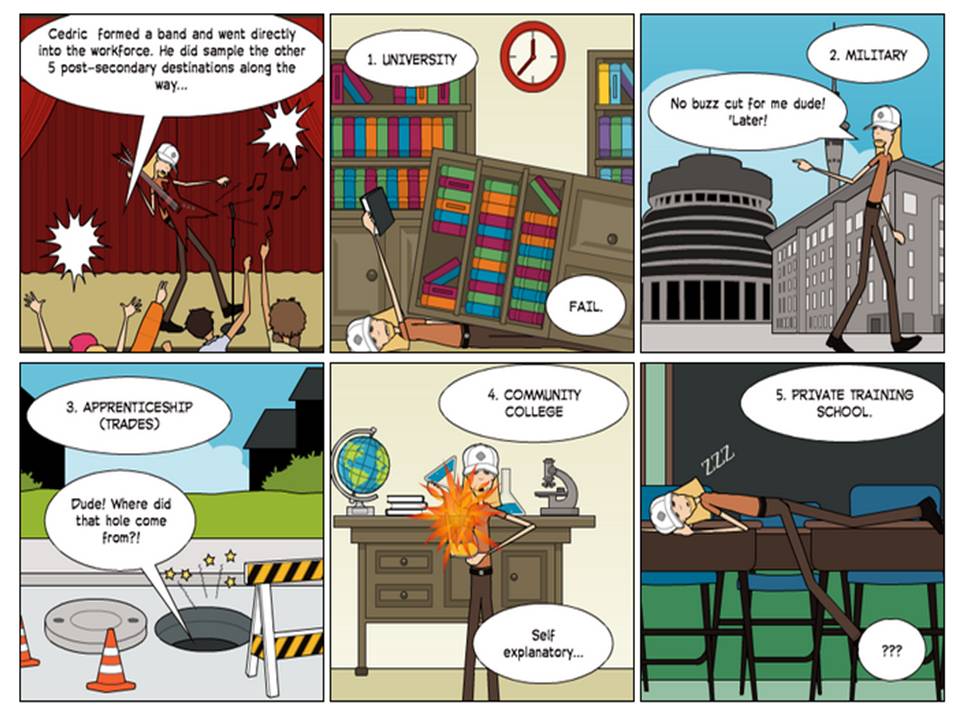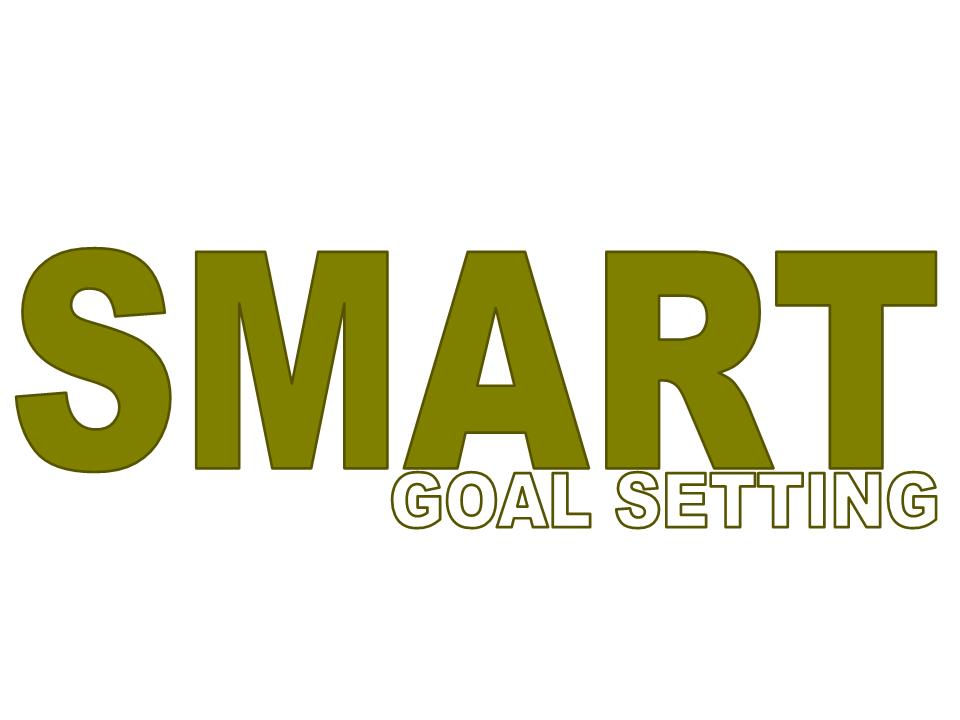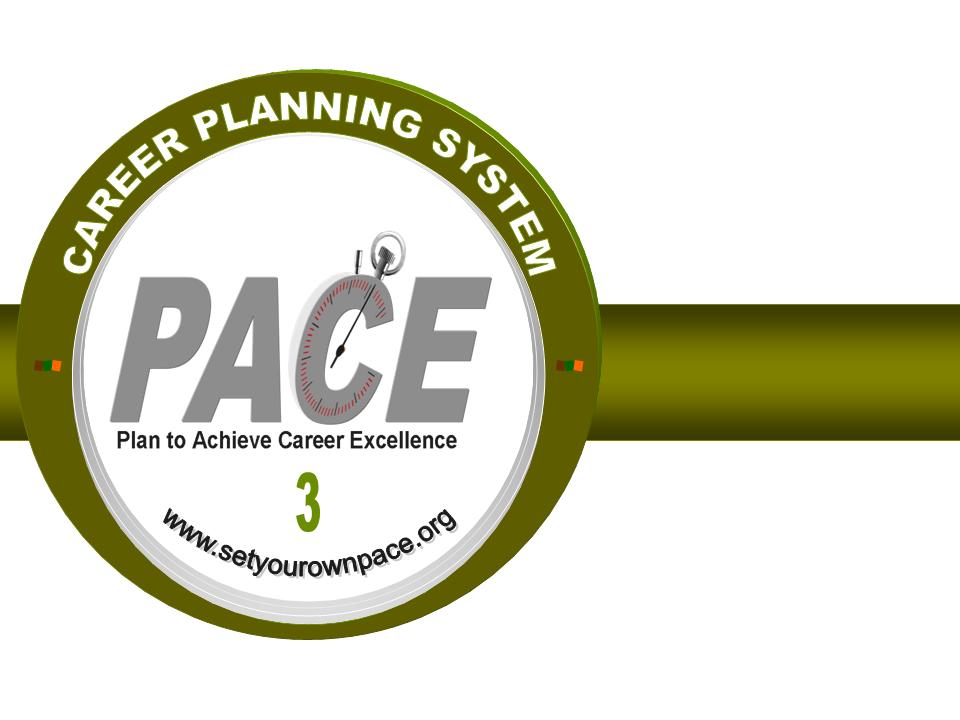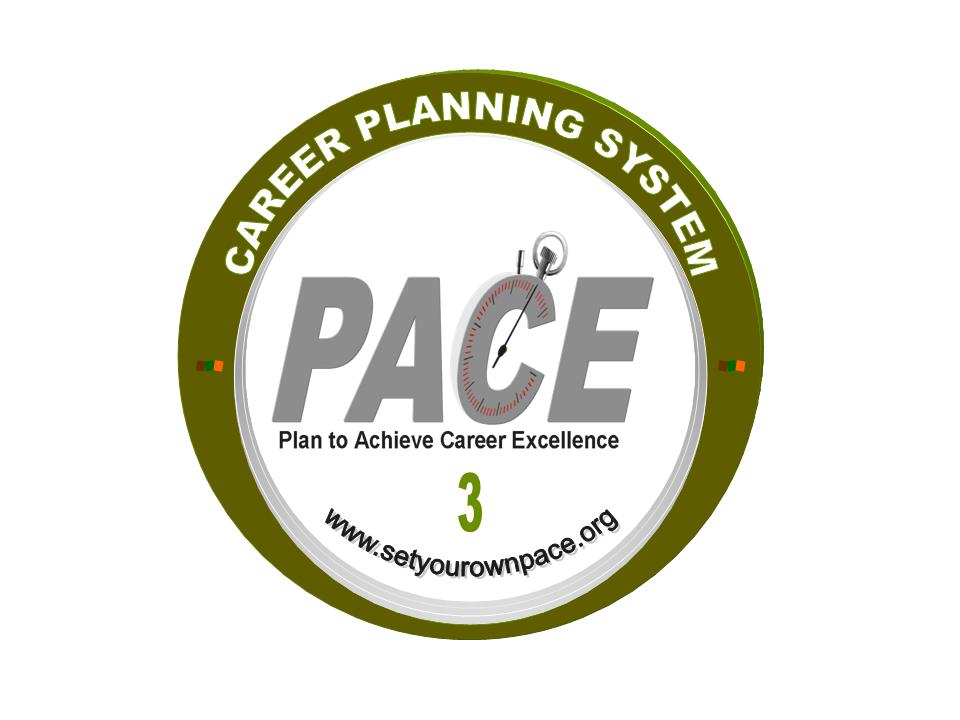
 | ||||
 | ||||









Once you have researched potential career options, you should begin the planning phase. How are you going to attain the career goal(s) you wish to pursue? It all starts with establishing an "action plan". This is simply a series of steps with anticipated outcomes and timelines that will keep you moving towards your career goal in a timely and straight-forward manner. For some people the development of an action plan is very easy. For others, it may require more time and the assistance of a career practitioner to help them design an action plan that is manageable and meets their needs.
No matter if you decide to go it alone or enlist the assistance of a career practitioner, there are a few things you should consider while developing your action plan.
- Is your career goal compatible with your interests?
- Is there a labour market demand for your desired career goal?
- Are you able to finance any post-secondary education you may require?
- How long will it take to attain your career goal?
- Is your plan compatible with your personal commitments (family, current employment, life goals)?
- Are there any potential issues that could derail your action plan (transportation, health, finances, etc.)?
- What are your contingency plans if some unforeseen event creates a difficulty in your action plan?
- Do you have a good support network that will help you attain your goal(s)?
- How committed are you to stick to and complete your action plan?
Specific - A specific goal has a much greater
chance of being accomplished than a general goal.
Measurable - Establish concrete criteria for
measuring progress toward the attainment of each
goal you set. Make sure you and everyone supporting
your career progression measures goal attainment
and define success the exact same way.
Attainable – Break your career goal into a series of smaller steps that can be done easily and in a reasonably short period of time. This aids in keeping a person motivated and able to develop the attitudes, abilities, skills, and financial capacity to reach each step.
Realistic - To be realistic, a goal must represent an objective which you are able to work toward and willing to apply the effort required to attain that goal.
Timely - A goal should be grounded within a time frame. With no time frame tied to it there is no sense of urgency.
Once you have established your action plan, you will need to decide which of the following alternatives is going to work best for you.
Direct to Work
Maybe you are not seeking additional post secondary training to advance your career. If that is the case, perhaps this is the best option for you to start with. You can start exploring other companies that may have opportunities that are appealiong to you. Maybe there are opportunities for advancement within your current place of employment. To prepare yourself for these types of career opportunities, you will need to develop your marketing tools (resume) and job search strategies (networking and successful interviewing). Skip ahead to the next PACE step to get started!
Service Canada Job Bank: www.jobbank.gc.ca
Career Beacon: www.careerbeacon.com
Monster Job Bank (Canada): www.monster.ca
NB Jobs: www.nbjobs.ca
Maybe working for yourself is more your style. Do you have a great business idea? Check out the Canada Business Network website through the Government of Canada. It offers reliable information on market research, preparing a business plan, financing opportunities, protecting intellectual property, business taxes, hiring employees and more!
Apprenticeship
There are many opportunities and very good pay in the skilled trades. The best way to enter the field is through apprenticeship. An apprenticeship program is comprised of progressive on-the-job training as well as technical (in-school) training that culminates in recognized certification. About 80 percent of an apprentice training takes place on the job; the remaining 20 percent involves technical training at a post-secondary training establishment. At the end of the apprenticeship program, the apprentice is required to write the final examination. Upon the successful completion of this examination and by satisfying all other requirements of the apprenticeship agreement, the apprentice will be issued a Diploma of Apprenticeship and a Certificate of Qualification, both signifying journeyperson status. These documents are recognized across Canada. For more information on apprenticeship visit:
Private Training Schools
There are many private training schools that offer industry-specific programs. Some schools offer flexible schedules, unique training opportunities and shorter certification programs than you could get through university or community college. Most private training schools in New Brunswick are reputable and offer excellent training, but make sure you research a private training institute before paying any money. See if they are registered under the New Brunswick Private Occupational Training Act, talk to former graduates, obtain graduate placement stats from the school and compare schools against each other.
http://www2.gnb.ca/content/gnb/en/departments/post-secondary_education_training_and_labour/Skills/content/Institutions/PrivateCareerColleges.html
Community College
Community College offers very practical training that is often formed in partnership with industry so there is confidence that the training a person receives is marketable in the workforce. There are co-op placements in some programs to provide students with job experience in their field of study. Increasingly, community colleges and universities are partnering to offer joint degree programs and/or will provide credits for courses taken at other institutions.The website for the New Brunswick Community College:
University
At university, a person can develop a well rounded education that is in high demand by many employers. Just make sure the degree(s) you pursue can be applied to a career field that is viable. Don't expect a degree will earn you free pass to the labour market. It is merely a tool that you must use to your advantage. If you have decided that university is the choice for you, you may be interested in checking out the following sites:
Military
An increasingly popular alternative is the Canadian Armed Forces. People can become trained in many skilled trades, engineering, medical and scientific fields and have some of their training costs covered by the federal government. By choosing this route, a person can obtain financial assistance, gain valuable experience, and often be offered employment upon completion of training. Contact a local recruiter for more information or visit:
training programs and student aid. Here are some links to explore funding options:
It is important to note that all six destinations are equally good choices, provided the choice you select helps build your career. If a road isn't going to take you where you want to go, why travel it? You may even find that one road will not carry you all the way to your goal and you may have to add another destination at some point in your journey.
Based on your research (Step 2:Researching Careers) you should be able to select a destination that best suits your current situation and begin implementing your action plan. In addition to the job specific skills you will learn through your post secondary training, there are a set of workplace essential skills that you can work on to enhance your success in the labour market. Check them out in Step 4: Essential Skills.

Watch a YouTube video on the 6
Post-Secondary Destintaions!
Creating your Action Plan
Resources
Financing your Education
 | ||||
Start your action plan right NOW!
Download this presentation to help guide you through this third step of your career plan. (Requires PowerPoint, or PowerPoint Viewer).
The Work Room Career Resource Centres offer a free one hour module complete with a workbook and customized coaching to help you develop an action plan! Visit The Work Room website for contact information.
Activity
Direct to Work
Apprenticeship
Private Training School
Community College
Military
University

Funded by the Government of Canada and the Province of New Brunswick through the Canada-New Brunswick Labour Market Agreements.

 | ||||

Watch a YouTube video on
apprenticeship

